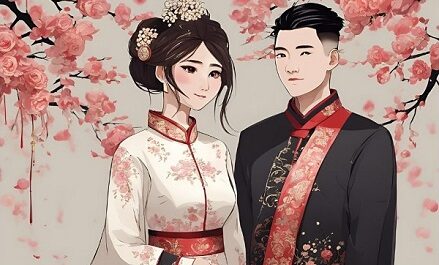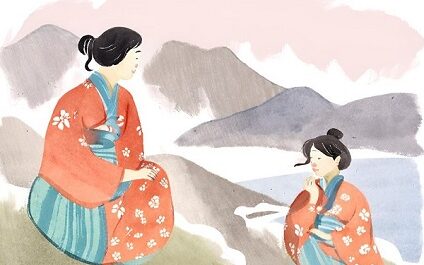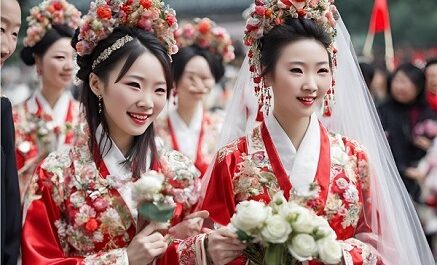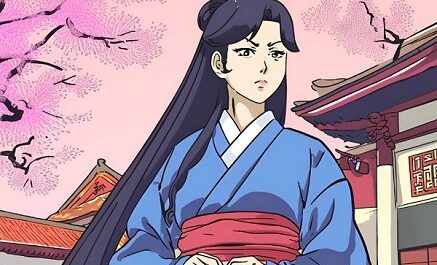Learn Chinese Idiom with Pinyin and English
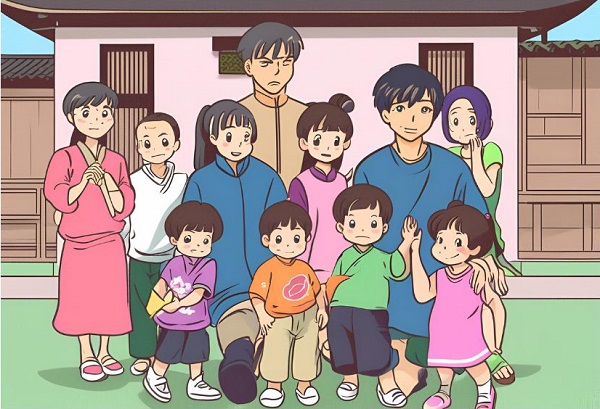
- Idiom in Chinese-儿女成行。
- Pinyin of Idiom– ér nǚ chéng háng.
- Idiom’s Meaning in English– The original meaning is that having more children can form a line. “儿女成行” is a Chinese idiom that describes a family with many children, often arranged in a row or line. It signifies a large and prosperous family, where the children grow up together and form a strong bond with each other. The idiom carries a positive meaning, emphasizing the joy and fulfillment brought by having a large family.
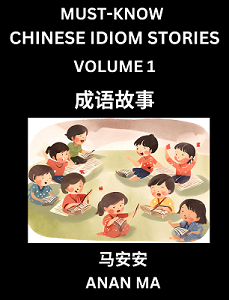
Chinese Idiom Stories Books (HSK All Levels):
- Books to Learn Chinese Idiom Stories (Part 1)
- Books to Learn Chinese Idiom Stories (Part 2)
- Books to Learn Chinese Idiom Stories (Part 3)
Learn Chinese Idiom Story in English (成语故事的英文)
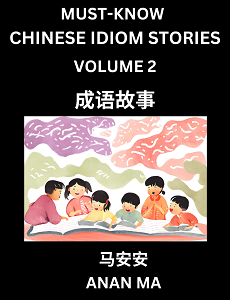
In an ancient town, there lived a diligent farmer and his devoted wife. Their conjugal affection and harmonious life made them a perfect couple. As time passed, the couple welcomed more and more children, and they gradually grew into a lively large family. On festive occasions, the whole family would gather together, with the children forming a row, filled with laughter and joy. Under the guidance of their parents, all the children excelled in character and learning, earning the praise of their neighbors. They described this “er nv cheng hang” (children forming a row) family as truly blessed and happy.
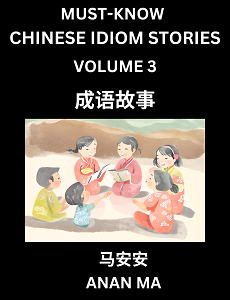
Learn Idiom Story in Chinese (成语故事)
在古代的一个小镇上,住着一个勤劳的农夫和他的妻子。他们两人恩爱和睦,相濡以沫。随着时间的流逝,这对夫妇迎来了一个又一个孩子,儿女们逐渐长大,形成了一个热闹的大家庭。每当逢年过节,一家人都会聚在一起,孩子们排成一行,欢声笑语,热闹非凡。这个家庭的儿女们,在父母的教诲下,个个品学兼优,邻里们纷纷称赞这个“儿女成行”的家庭真是幸福无比。
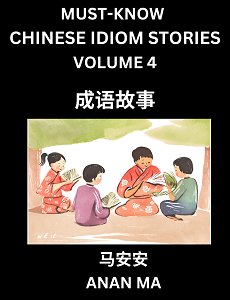
Learn Keywords with English, Simplified Chinese Characters, and Pinyin (关键词)
勤劳的农夫(qín láo de nóng fū): diligent farmer
恩爱和睦(ēn ài hé mù): loving and harmonious
儿女们(ér nǚ men): children
排成一行(pái chéng yī háng): form a row
欢声笑语(huān shēng xiào yǔ): laughter and joy
邻里们(lín lǐ men): neighbors
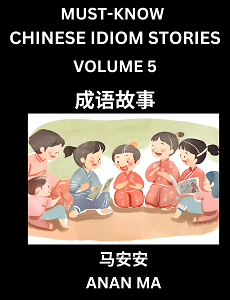
Pinyin of Idiom Story (故事的拼音)
Zài gǔdài de yīgè xiǎo zhèn shàng, zhùzhe yīgè qínláo de nóngfū hé tā de qīzi. Tāmen liǎng rén ēn’ài hémù, xiāngrúyǐmò. Suízhe shíjiān de liúshì, zhè duì fūfù yíng láile yīgè yòu yīgè háizi, érnǚmen zhújiàn zhǎng dà, xíngchéngle yīgè rènào de dà jiātíng. Měi dāng féng nián guòjié, yījiā rén dūhuì jù zài yīqǐ, háizimen pái chéng yīxíng, huānshēng xiàoyǔ, rènào fēifán. Zhège jiātíng de érnǚmen, zài fùmǔ de jiàohuì xià, gè gè pǐn xué jiān yōu, línlǐmen fēnfēn chēngzàn zhège “érnǚ chéngxíng” de jiātíng zhēnshi xìngfú wúbǐ.
